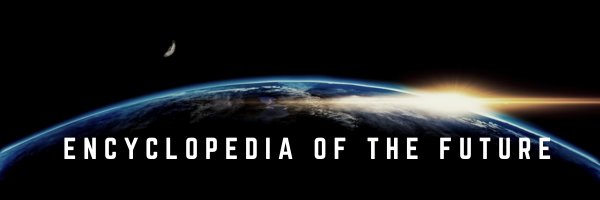Cognitive technologies represent the next frontier in humanity’s exploration of the mind, bridging the gap between natural intelligence and the artificial tools that extend its capabilities. At the heart of this field lies a profound question: how can technology enhance, interface with, and even replicate human cognition? From brain-computer interfaces (BCIs) to the emerging possibilities of artificial consciousness, cognitive technologies are not just reshaping how we think—they are redefining what it means to be human.
Reading Time: 3 minutes
In this chapter, we delve into the transformative potential of cognitive technologies, exploring their applications in education, healthcare, the workplace, and beyond. These innovations offer tantalizing possibilities: restoring lost functions in individuals with disabilities, augmenting human cognitive abilities, and creating seamless interactions between minds and machines. Yet, they also challenge our assumptions about identity, agency, and the boundaries between human and machine intelligence.
The journey begins with brain-computer interfaces, devices that enable direct communication between the brain and external devices. These systems, ranging from invasive implants to non-invasive EEG headsets, are unlocking new ways to restore mobility, control prosthetics, and even interact with virtual environments. Neurotechnology complements this field by providing tools to study and manipulate the brain, advancing our understanding of neural activity while offering treatments for neurological disorders.
Cognitive enhancement takes these possibilities a step further, exploring methods to expand the limits of the human mind. From pharmaceuticals that boost memory and focus to mindfulness practices that reshape neural pathways, the pursuit of cognitive enhancement raises ethical questions about fairness, access, and societal implications. The concept of the “extended mind” further broadens the discussion, suggesting that our cognitive processes are not confined to our brains but extend to tools, technologies, and the surrounding environment.
As artificial intelligence progresses, the tantalizing prospect of artificial consciousness emerges. Can machines truly think, or will their intelligence always be a simulation? This section grapples with the philosophical and scientific questions surrounding machine sentience, exploring the ethical dilemmas posed by creating artificial entities capable of subjective experience.
Education and the workplace are also on the cusp of transformation. Adaptive learning platforms, powered by cognitive technologies, promise to revolutionize education by tailoring instruction to individual needs and learning styles. In the workplace, BCIs, neurofeedback tools, and AI-powered systems are enhancing productivity and decision-making, though they raise important considerations about privacy and worker autonomy.
Beyond practical applications, cognitive technologies invite reflection on their broader societal implications. As they reshape the contours of human identity, they force us to confront questions about equality, access, and the moral responsibilities of innovation. The ethical landscape surrounding cognitive enhancement, particularly its potential to create new divides between those who can afford enhancement and those who cannot, underscores the need for thoughtful regulation and public dialogue.
Ultimately, cognitive technologies hold the promise of transforming society in profound ways, offering tools to enhance human flourishing while posing challenges that demand careful consideration. As we navigate this uncharted territory, the insights of visionaries like Max More, Natasha Vita-More, and Yuval Noah Harari provide a framework for understanding the possibilities and pitfalls of a world shaped by enhanced minds.
Chapter 7 is a journey into the extraordinary potential of cognitive technologies, inviting readers to imagine a future where the boundaries of cognition are not fixed but fluid, shaped by the tools we create and the values we uphold.
Modification History File Created: 12/08/2024 Last Modified: 01/13/2025
You are welcome to print a copy of pages from this Open Educational Resource (OER) book for your personal use. Please note that mass distribution, commercial use, or the creation of altered versions of the content for distribution are strictly prohibited. This permission is intended to support your individual learning needs while maintaining the integrity of the material.
This work is licensed under an Open Educational Resource-Quality Master Source (OER-QMS) License.

